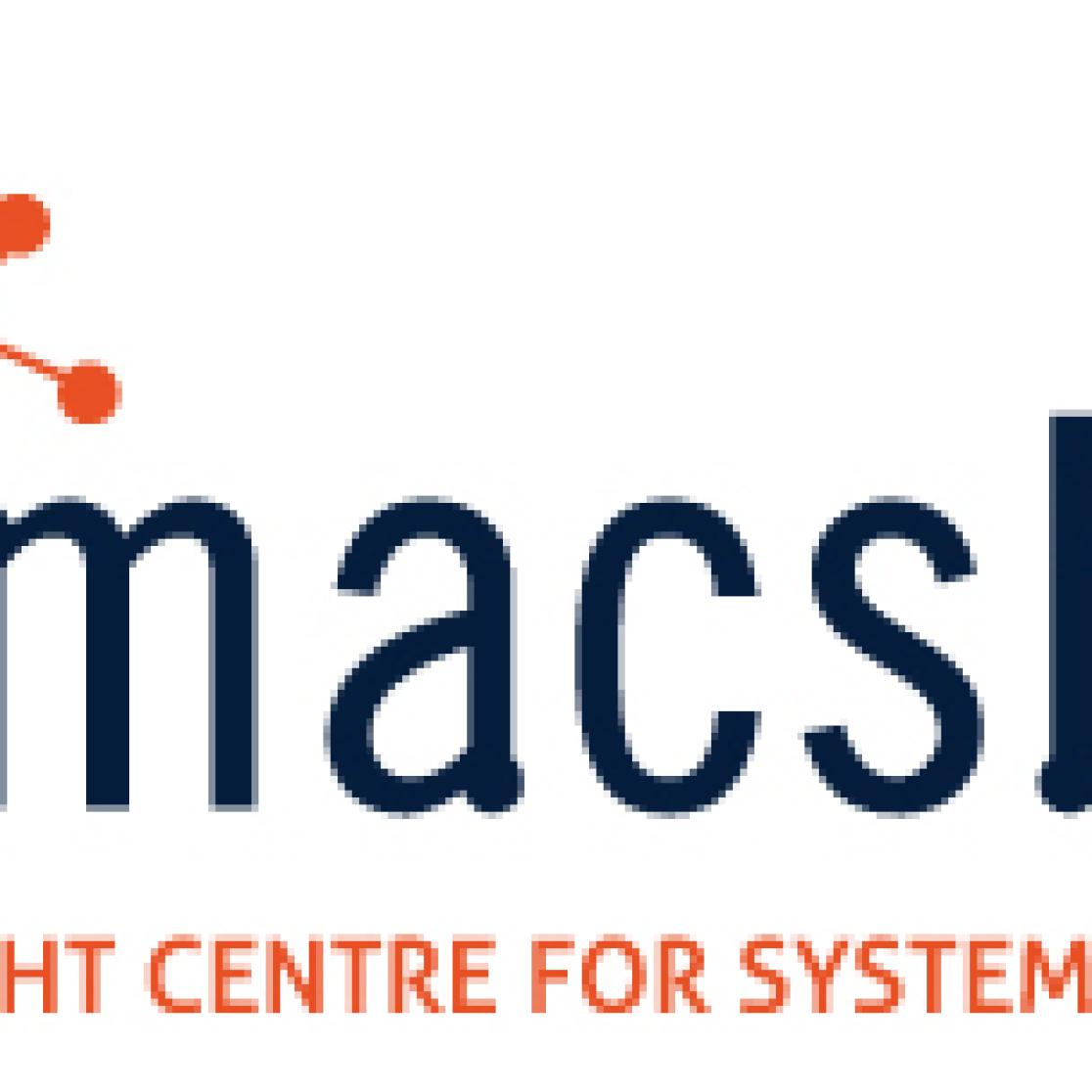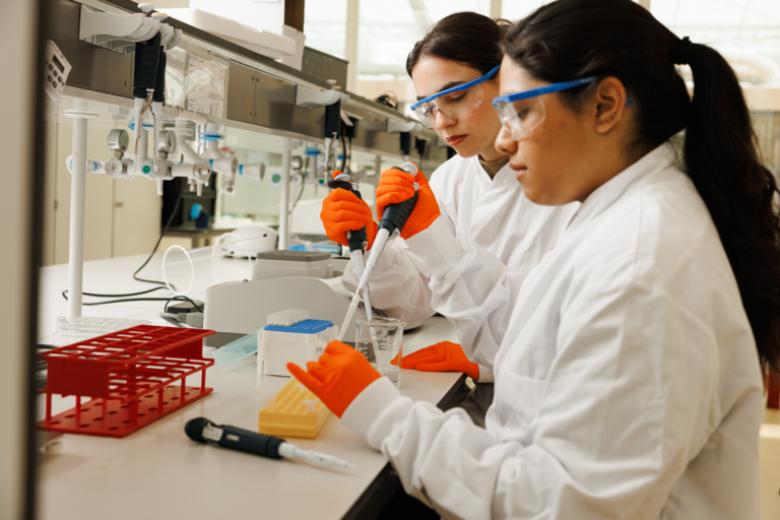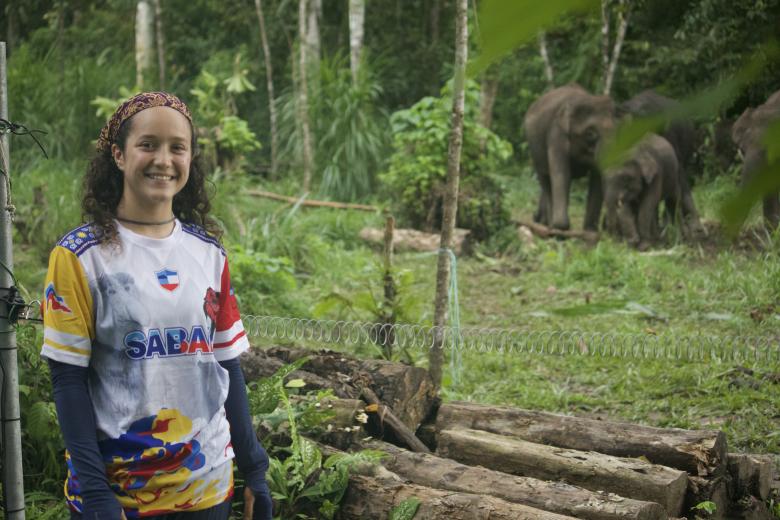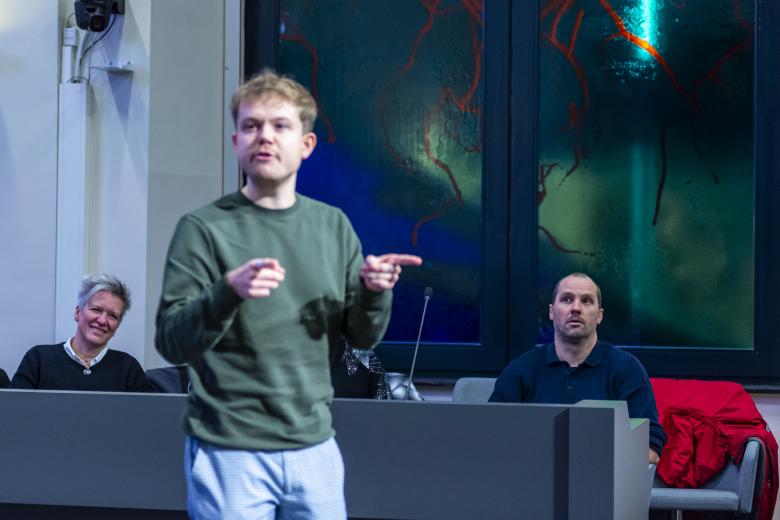MaCSBio receives NWO-TIFN-TKI-grant
MaCSBio successfully attracted funding as part of a large NWO-TIFN-TKI project which aims to determine how dietary food intake and physical activity influence plasma glucose control, and how differences in plasma glucose concentrations, in turn, affect the mental and physical performance as well as the well-being.
Glucose control in relation to Mental And Physical Performance and well-being (Glucose Mapping)
The total theme-project (“Glucose control in relation to Mental And Physical Performance and well-beING “ (Glucose Mapping)) is a collaborative effort of Wageningen University, Radboud University Medical Center in Nijmegen and Maastricht University with industry. In this project, 300 overweight or obese people will be extensively phenotyped and assigned to two different dietary interventions to study the physiological basis of glucose control and its relation to well-being, mental and physical performance.
MaCSBio will be involved in three parts of the project (subprojects), applying machine learning and mathematical modelling techniques to gain a better understanding of the physiological basis and inter-individual variability in plasma glucose control.
Metabolic modelling of postprandial glucose dynamics and its modulation by diet and physical activity: the role of amino acids
One of the subprojects specifically focuses on the role of amino acids in plasma glucose regulation. Amino acids are the building blocks of proteins and there is currently a lot of debate in the scientific community about their beneficial or detrimental effect in glucose control.
With MaCSBio’s modelling strategy, it will be possible to get detailed quantitative insights into the exact role of amino acids, improving our biological understanding of dietary effects on plasma glucose concentrations, physical performance and well-being.
About MaCSBio
The primary aim of the Maastricht Centre for Systems Biology (MaCSBio) is to facilitate the integration of biological data coming from several empirical domains using mathematical multi-scale modelling approaches. The centre is a joint initiative of the Faculty of Psychology & Neuroscience, Faculty of Health, Medicine & Life Sciences, and Faculty of Humanities and Sciences of Maastricht University.

Relevant links
Also read
-
Two new academic programmes launch in Venlo
Two programmes, one at Maastricht University and one jointly offered by the universities of Maastricht and Nijmegen, have been given the green light. Both tech and science-based programmes focus on a sustainable world and are part of the Faculty of Science and Engineering. The programmes will start...

-
UM student Natasha Lawrie studies the Bornean elephant: “I only had one week to find them”
Natasha Lawrie, a bachelor’s student from the Maastricht Science Programme, conducted her thesis research in the rainforests of Sabah. There she made surprising discoveries about the feeding habits of the endangered Bornean elephant.

-
More than another ‘to-do’: how the UTQ helped me rethink my teaching
At Maastricht University, the University Teaching Qualification (UTQ) is a professional development programme designed to strengthen teaching and learning. It supports teachers in developing core teaching competencies through a combination of workshops, peer learning, on-the-job experience, and...
